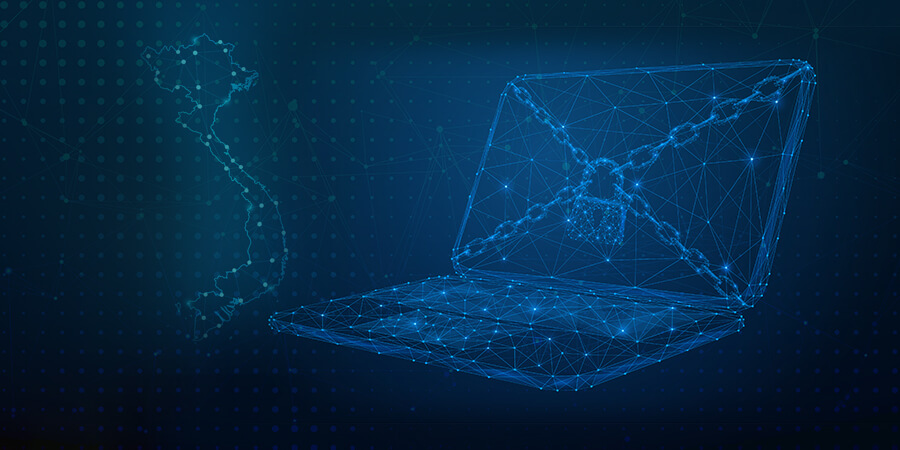Vietnam, historically known for blocking online content that criticizes the one-party state, has been considering a new measure to block users from accessing the internet itself.
The government has drafted a set of rules in partnership with internet service providers (ISPs), the breaking of which can lead to the disconnecting of individuals who share illegal content. This proposed implementation may possibly take effect as early as this year.
This measure could further limit web access in Vietnam, a country where over 1,000 websites, including those of highly regarded organizations like the BBC and Freedom House, are already blocked. By blocking users directly, the government aims to restrict access to online platforms where illegal content might be shared.
The plan has raised considerable concerns about freedom of expression and access to information in Vietnam. Critics argue strongly that this proposed restriction could result in significant limitations with regard to online freedom by silencing dissenting voices and stifling the exchange of ideas and opinions.
By contrast, the Vietnamese government believes these measures are necessary in order to maintain social order and national security, claiming that the content deemed illegal includes materials that threaten the integrity and stability of the entire country.
The government’s proposed regulations will require ISPs to work closely with authorities to pinpoint and shut down users who supposedly violate the law.





